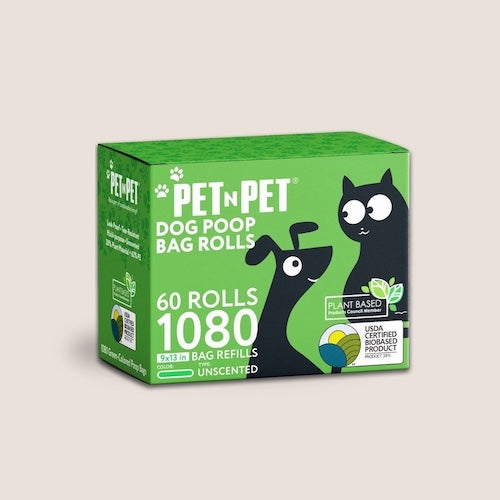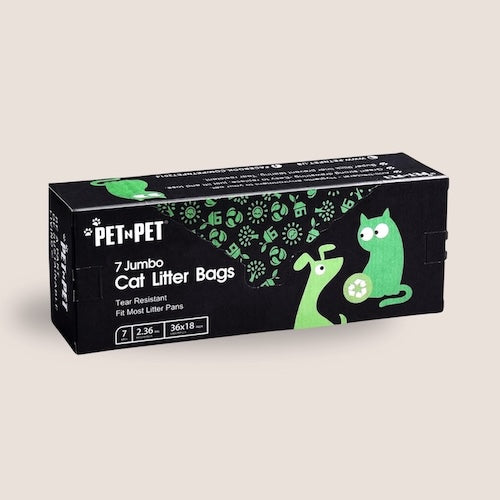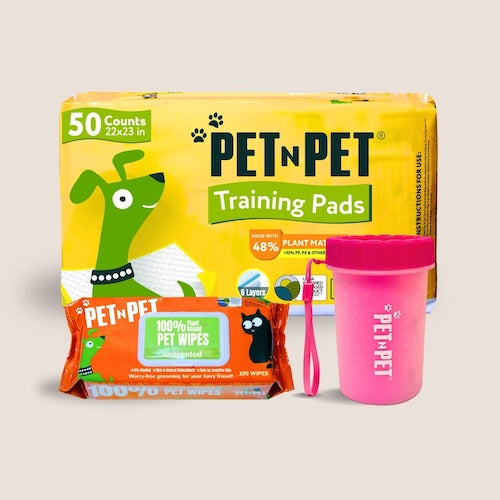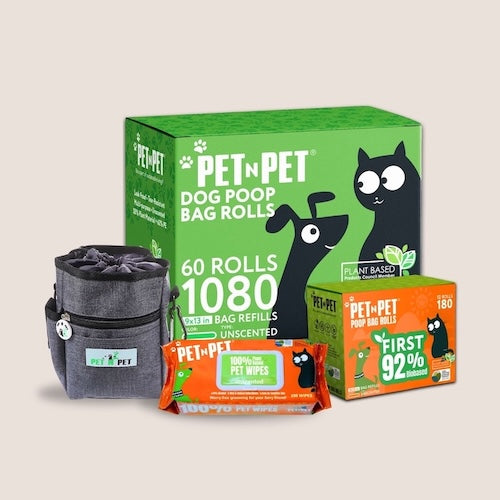
Is Dog Poop Good for Soil?
As pet owners, we often wonder what to do with the seemingly endless supply of dog poop. The idea of using it as a fertilizer might seem appealing, but is dog poop really good for soil? In this blog, we will explore the potential benefits and risks of using dog poop in gardening and provide guidance on how to manage it effectively.
The Nutrient Content of Dog Poop
Dog poop, like all animal waste, contains nutrients that can benefit plants. It is rich in nitrogen, which is essential for plant growth, as well as phosphorus and potassium. These nutrients can enhance soil fertility and promote healthy plant development. However, unlike herbivores whose manure is often used as fertilizer, dog poop comes with certain risks that must be managed carefully.
Risks Associated with Dog Poop in Soil
While dog poop does contain beneficial nutrients, it also poses significant risks due to the presence of harmful pathogens and parasites. These include:
- Bacteria: Dog poop can harbor harmful bacteria such as E. coli and Salmonella, which can contaminate soil and water sources.
- Parasites: It can also contain parasites like roundworms and hookworms, which pose health risks to humans and other animals.
- Odor: Decomposing dog poop can produce unpleasant odors, which can be off-putting in a garden setting.
Safe Ways to Use Dog Poop in Soil
To safely use dog poop as a soil amendment, it is crucial to compost it properly to kill harmful pathogens. Here are some steps to ensure safe composting:
- Use a Dedicated Compost Bin: Set up a separate compost bin specifically for dog waste to prevent cross-contamination with other compost.
- Add Carbon-Rich Materials: Balance the nitrogen-rich dog poop with carbon materials such as sawdust, straw, or shredded paper to promote decomposition and reduce odor.
- Maintain High Temperatures: Ensure the compost pile reaches temperatures of at least 140°F (60°C) to kill pathogens. This may require regular turning and monitoring with a compost thermometer.
- Compost for an Extended Period: Allow the compost to mature for 6-12 months to ensure complete decomposition and pathogen destruction.
Appropriate Uses for Composted Dog Poop
Even after proper composting, it is best to use dog poop compost with caution. Here are some recommended uses:
- Non-Edible Plants: Use the compost around ornamental plants, trees, shrubs, and lawns. Avoid using it on vegetable gardens or herb beds to minimize the risk of contamination.
- Soil Amendment: Incorporate the compost into the soil to improve soil structure, moisture retention, and nutrient content.
Alternatives to Using Dog Poop in Soil
If composting dog poop seems too cumbersome or risky, there are alternative ways to manage dog waste:
- Commercial Dog Waste Composters: Some companies offer composters designed specifically for dog waste, making the process easier and safer.
- Pet Waste Disposal Services: In some areas, services will collect and dispose of pet waste for you, ensuring it is managed safely and sustainably.
- Flushable Dog Poop Bags: Some biodegradable bags can be flushed down the toilet, allowing the waste to be treated in sewage treatment plants.
While dog poop contains nutrients that can benefit soil, it also poses significant health risks due to harmful pathogens and parasites. Proper composting can mitigate these risks, making it a viable option for use in non-edible plant gardening. However, for those seeking simpler or safer alternatives, commercial composters, pet waste disposal services, and flushable bags offer practical solutions. By managing dog waste responsibly, we can protect our health, improve our gardens, and contribute to a cleaner environment.






